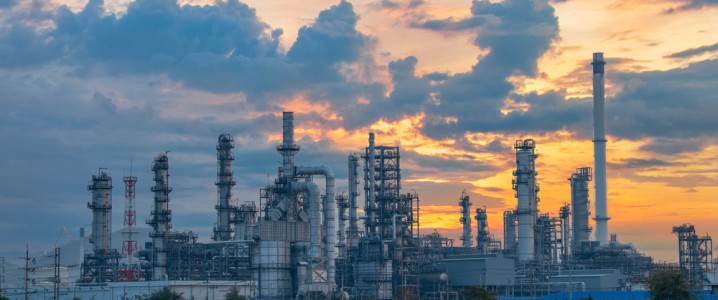Japan has pledged to buy more American energy products as part of the July trade deal with the United States, but no Japanese refinery is built to handle 100% U.S.-sourced crude, Japan’s refining industry says.
In July, the U.S. completed what President Donald Trump touted on Truth Social as “a massive Deal with Japan, perhaps the largest Deal ever made.”
Under the trade agreement, Japan’s goods imported in the United States will face a 15% tariff, lower than the 24% proposed in early April and the 25% tariff President Trump proposed in July with effect from August 1.
The White House says the deal includes “major expansion of U.S. energy exports to Japan.”
But Japan may find it hard to increase significantly its purchases of American energy, especially crude oil. That’s not for lack of trying—refiners are studying raising their U.S. crude imports.
However, longer tanker voyages costing more and the specifications of Japan’s refineries, which are geared to process mostly crude from the Middle East, will constrain Japanese crude oil purchases from America.
“Frankly, we have no major alternative to Middle Eastern crude,” Shunichi Kito, president of the Petroleum Association of Japan, has said, as quoted by Argus.
“Probably no units can process 100%-pure US crude in Japan,” added Kito, who is also representative director and chair of Japanese refiner Idemitsu.
While discussing a trade deal with the United States, Japan hiked its imports of American crude to about 190,000 barrels per day (bpd) in May, a 180% surge from a year earlier, according to official Japanese data.
The volumes in May 2025 were the highest monthly imports of U.S. crude in Japan since December 2018, according to Argus estimates based on data from the Japanese industry ministry.
Imports in June eased compared to the records seen in May. Even with the hike in U.S. crude imports in May, the Middle East holds a massive share in Japan’s oil supply—at around 95%.
By Charles Kennedy for Oilprice.com
More Top Reads From Oilprice.com

